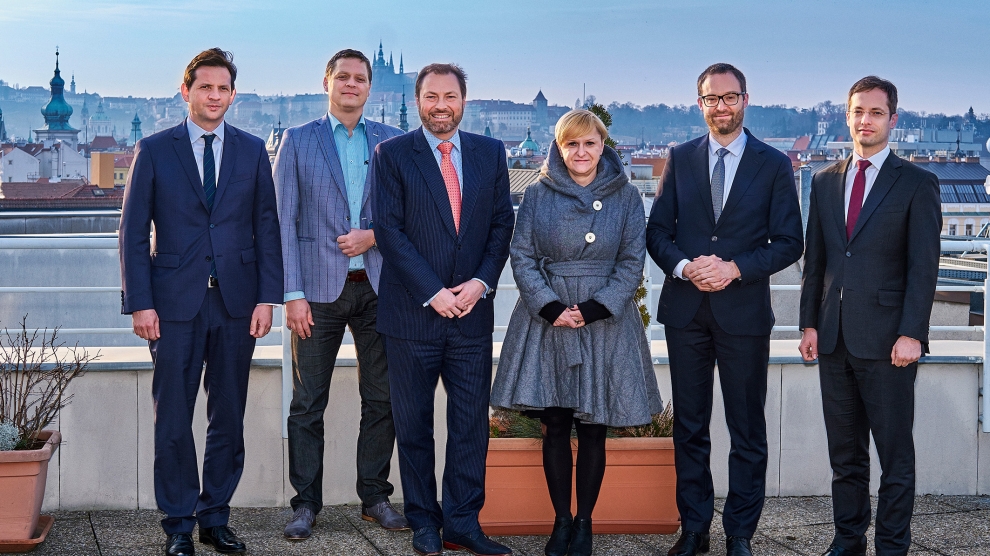The CEO’s of central and eastern Europe’s six most important stock exchanges met in Prague on February 20 to discuss various means of extending co-operation between their institutions.
The summit – the first between the of six CEOs under the Visegrad Group Plus Two format (V4+2; Poland, Czech Republic, Slovakia, Hungary, Croatia and Romania) – discussed various new European Union regulatory requirements (some already implemented, others merely proposed) which will be hugely relevant for all EU capital markets.
The main focus of the group is to compare the impact of these changes on the V4+2 capital markets and to identify potentially problematic topics and how to communicate them with EU representatives. A common approach is seen as beneficial not only because there is a need for the CEE exchanges to ensure that their voice is heard in European debate, but also because it enables the EU to receive comprehensive feedback from markets representing the whole region.
“Our aim is also to jointly represent our markets to investors as an interesting investment opportunity within the EU,” said Petr Koblic, CEO of the Prague Stock Exchange. “We want to intensify our communication with investors as a region because that’s the way institutional investors from overseas perceive our markets. A common approach might therefore beneficial not only for us but also for investors.”
The EU’s stock exchanges currently face many challenges, including capital market union implementation as well as the still unknown effects of Brexit. CEE’s exchange CEOs agreed that development of a standardised, pan-European marketplace is of utmost importance, and that for the V4+2 it is equally important to focus on the development of local and regional market ecosystems.
“We need to develop new ways to attract global investors to central and eastern Europe and we are ready to share our experience and solutions with the region’s exchanges in order to promote investment,” said Marek Dietl, President of the Warsaw Stock Exchange. “Cooperation between capital markets in CEE is crucial to the future development of our exchanges as well as our national economies. Meetings like this can help to develop common proposals which, if made by a united group, will make a bigger impact.”

